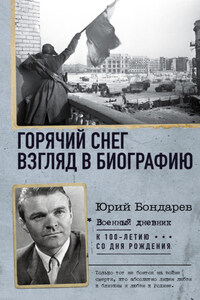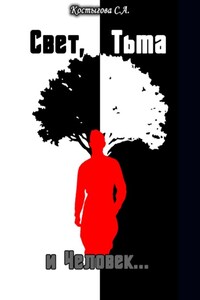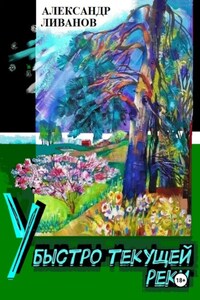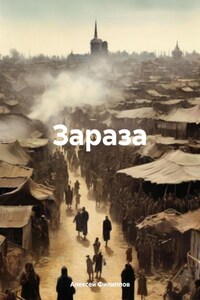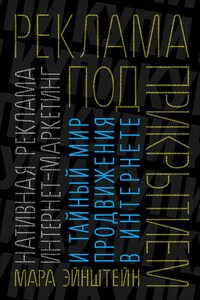Country Memories of Wartime
HarperCollinsPublishers Ltd 1 London Bridge Street London SE1 9GF
www.harpercollins.co.uk
This edition published by Harper Perennial 2006
First published by HarperCollinsPublishers 2005
Copyright © Xandra Bingley 2005
PS Section © Xandra Bingley 2006
PS™ is a trademark of HarperCollinsPublishers Ltd
Xandra Bingley asserts the moral right to be identified as the author of this work
A catalogue record for this book is available from the British Library
All rights reserved under International and Pan-American Copyright Conventions. By payment of the required fees, you have been granted the nonexclusive, nontransferable right to access and read the text of this ebook on screen. No part of this text may be reproduced, transmitted, downloaded, decompiled, reverse engineered, or stored in or introduced into any information storage and retrieval system, in any form or by any means, whether electronic or mechanical, now known or hereinafter invented, without the express written permission of HarperCollins ebooks
HarperCollinsPublishers has made every reasonable effort to ensure that any picture content and written content in this ebook has been included or removed in accordance with the contractual and technological constraints in operation at the time of publication.
Source ISBN: 9780007149513
Ebook Edition © SEPTEMBER 2012 ISBN 9780007370917
Version: 2019-06-18
This ebook contains the following accessibility features which, if supported by your device, can be accessed via your ereader/accessibility settings:
Change of font size and line height
Change of background and font colours
Change of font
Change justification
Text to speech
For my grandparents Elizabeth and Noel Bingley Eva and Hubert Lenox-Conyngham
It never harms to exaggerate in the direction of truth.
Henri Matisse, to an art student
Across the snowy hills some galloping horsemen are chasing a single horseman. He is beating his horse and racing away downhill to escape. He reaches flat white land and gallops on and on, looking over his shoulder, beating his horse. The others do not follow him away from the hills.
At last he arrives at a village exhausted and people crowd around him and exclaim, ‘You are safe … it is wonderful … we never believed you would get here.’ He says, ‘I can tell you I was afraid, they got close to me up in the hills.’
The people say, ‘No – no – you do not understand … it is a miracle … you have ridden across the lake … underneath the ice is water a mile deep.’
Then he dies. From fear of a danger he did not know he was in.
German fable
After wartime my father sends home bales of midnight-blue and plum-red velvet for downstairs curtains, a cinecamera and roll-down screen, two black bearskin coats, a touring Bentley and a dinner service for twelve of creamy rippling Copenhagen china hand-painted with wildflowers.
He writes to my mother … Now we’ll have some damned good fun.
And that’s what he says when he is home on leave and a thousand daffodil and narcissus bulbs arrive from Holland in plywood boxes. He spills whitewash from a blue speckled tin bucket in a half-moon arc from the coal shed oak to the damson tree by the bridge on the Rushy Brook stream and marks off half an acre of Homefield and shouts … Mind out of the way you bloody child … as I run over his white line. I am four years old and not afraid.
A post and rails goes up along the marker line. Joe Rummings slams the iron crowbar in the ground. Griff drops spiked ash stakes in the holes and swings an oak mallet. The Ayrshire milking herd chew cud in Homefield and watch nails hammered into split ash rails.
My father walks about with a box. He swings up one arm and throws a handful of bulbs that spray the pale blue autumn sky. Then he is gone.
My mother kneels for days in the grass and jabs a trowel where each bulb fell. Turf splits and she drops one in and smacks the trowel down once twice three times and shuts each grass lid.
Daffodils grow and flower and lean and break in the winds that blow across our farm in the Cotswold hills. In springtime I snap off stalks and my father arrives home and shouts … Pick the broken buggers first old girl … must experiment using your brain one of these fine days … bloody east wind.
Fifty years later I am by Juno beach on the French Normandy coast where his Inns of Court invasion troops landed in the Second World War. Dune grass blows east and my father’s wartime padre, code name Sunray, strides past in white cassock flapping in the breeze and a Hans Holbein black hat. Soldiers hold up embroidered flags on polished wooden poles tipped by fluted steel knives. The Union Jack and the French flag lie over a carved memorial stone beside a country road. War veterans wear medals and hold flags embroidered

